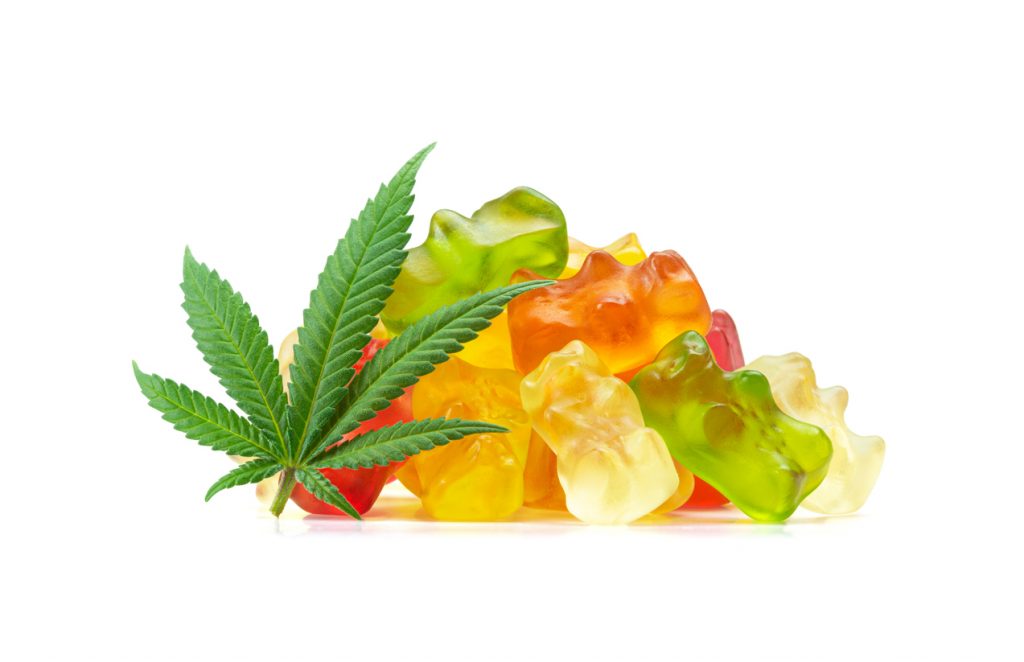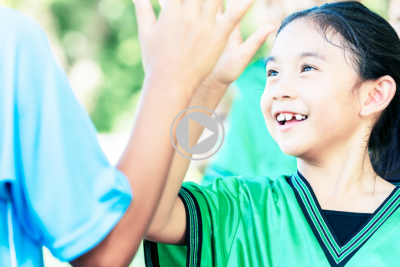To CBD or not to CBD, that is the question. And that is the question I have been asked with increasing frequency over the past few years. Will CBD treat my son’s anxiety? Should we try CBD oil on my daughter’s shoulder for her pain? Will it cure menstrual cramps? Prevent COVID-19? Cure athlete’s foot? Ok, maybe not the last few questions, but you get the point. CBD has become a much talked about and much-hyped cure for any number of ailments. This has been driven in part by the trend toward marijuana legalization for medicinal and recreational use.
What is CBD?
CBD (cannabidiol) is derived from hemp, a cousin of the marijuana plant. It is also sometimes derived from marijuana. Unlike tetrahydrocannabinol (THC), CBD does not cause a “high” and there is no evidence that CBD can cause dependence. CBD is found in capsules, gummies, as a topically applied oil, drops, beauty products, and many other supplement forms. It is not regulated by the FDA as a drug, rather as a supplement, which means that the exact dosage, purity, quality, and reliability of CBD products is highly suspect. Products may not actually contain the CBD advertised, and in some studies, the products were found to contain THC.
CBD for Childhood Epilepsy Syndromes
Of the many claims made by CBD advocates, there are a few that are relevant for the pediatric population. CBD does have evidence of reducing seizure frequency in childhood epilepsy syndromes, such as Dravet syndrome and Lennox-Gastaut syndrome (LGS). The efficacy of CBD is especially important as these syndromes do not typically respond to anti-epileptics. Epidolex is FDA-approved as the first CBD-containing medicine.
Is CBD for Kids Safe? Risks & Side Effects
CBD is commonly self-prescribed for anxiety, insomnia, and chronic pain. There’s a catch. Although CBD is being studied as a treatment for many conditions, including anxiety, multiple sclerosis, cancer, and schizophrenia, we do not currently have research to support CBD use for these other conditions. And CBD is not without some risks and side effects. Dry mouth, diarrhea, sleepiness are common, and CBD can also interact with other medications. In the case of self-treatment for mental illness and insomnia, doctors have concerns about inadequate and unproven treatment with CBD leading to worsening illness. CBD can also cause liver damage in some users.
Ultimately, when it comes to taking CBD, the best approach is to discuss with your child’s doctor and make a decision based on science and not on marketing pressure and fads.






Comments